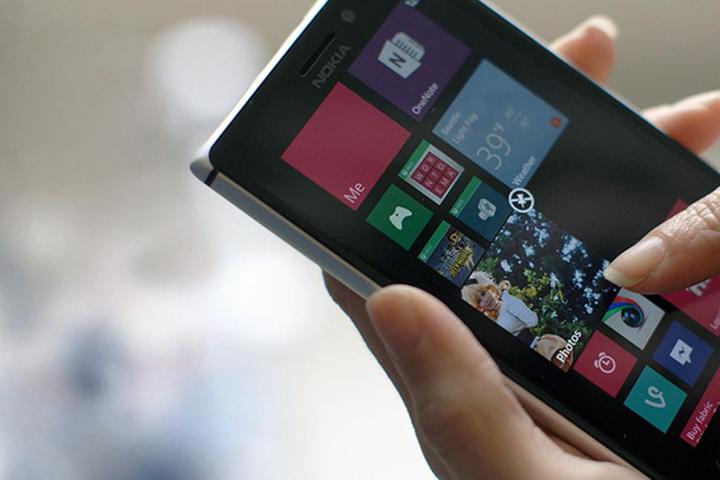
Granted, it’s a rumor, but it’s one that comes from a very credible source. Paul Thurrott has been reporting on Windows for 20 years, and has very close ties to the technical side of Microsoft. His podcast, Windows Weekly, has over 400 episodes posted online. It’s still possible he’s missed the mark, but it’s very plausible considering his background, as well as other sentiments that have come from Microsoft about Windows 10 being a universal platform.
So what does that mean for the average user, besides making Clash of Clans available on your work computer? Android apps are already designed to work on a large number of devices, from smartwatch screens all the way up to all-in-ones. The Windows Store, already plagued with a limited selection of apps and copycat software, would look even less appealing next to a desktop version of Google Play. One of the biggest complaints about the Windows Phone platform is the lack of apps that every other mobile OS has access to, and enabling Android compatibility would instantly solve this problem.
While Thurrott admits it looks like a winning situation for users, he also points out that there’s a potential dark side to such a move. As Windows Phone users look to upgrade their device, they might leave for Android, since they’re using those apps anyway.
Thurrott also suggests that developers who have been working on the Windows platform will be displeased with the announcement. Microsoft has been pushing Universal apps since it announced Windows 10, and allowing Android apps to run would tell those developers that, in actuality, Google has already created a better software platform.
For now, we’ll just have to wait and see what comes from Build later this week. If Microsoft does announce Android apps on Windows, it will be a major topic of discussion at the conference, and we’ll hear a lot about it from the developer community.
Editors' Recommendations
- Windows 11 might nag you about AI requirements soon
- You’re going to hate the latest change to Windows 11
- The most common Windows 11 problems and how to fix them
- Android 15 release date: When will my phone get the update?
- Google just released the first Android 15 beta. Here’s what’s new

